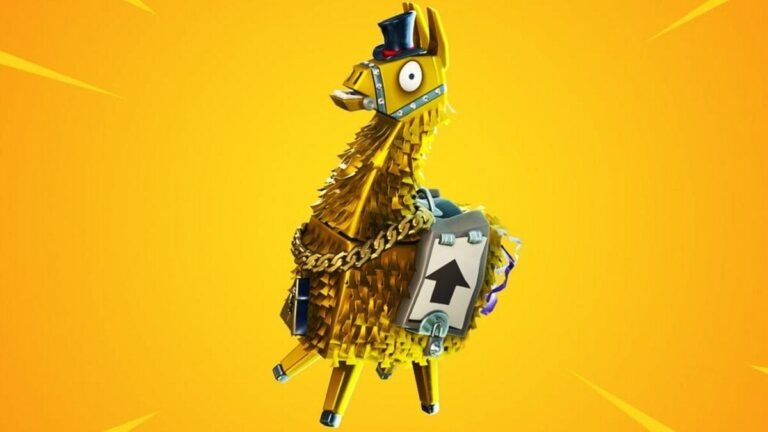
Epic Games ended controversial loot box purchases in Fortnite back in 2019, but it’s bringing them back to the battle royale platform as an option for creators in the form of “paid random items.” While there are rules in place about disclosing odds and not targeting minors, loot boxes are essentially back on the menu for the larger Fortnite creator island platform as Epic tries to compete with Roblox for players’ attention and wallets.
A new developer blog post details Epic’s rules for “In-Island Transactions Restrictions” that will be available in creator islands in the future, including transactions fueled by RNG. “In addition to your responsibility to comply with laws, you must comply with certain restrictions that apply when offering Paid Random Items,” the company, which makes billions a year from microtransactions, writes. “Failure to utilize the functions described below will constitute a violation of Epic policies. ”
The policies governing how creators can deploy loot boxes in their games are as follows:
- Paid Random Items are restricted in Singapore, Qatar, Australia, Netherlands, Belgium, and the UK/Brazil for players under 18 years old.
- Developers must “disclose the actual numerical odds of what the player may receive before the player makes a purchase.”
- They must “ensure the language you use relating to transactions is not misleading or overtly pressuring.”
- They can’t “directly prompt a minor” to buy something.
- Bundled items in Brazil must be available to purchase individually.
And that’s it. Outside of those restrictions, or any other legal requirements unique to individual countries, Fortnite creators have free rein to design and sell loot boxes however they want. With no shortage of imagination, I’m sure some of them could design very clever and very lucrative systems for both entertaining players and extracting lots of V-Bucks from their virtual wallets.
Epic promises it’s not promoting gambling
But Epic Games is adamant that none of this will amount to gambling and that random paid items themselves do not count as such. Insider Gaming reports that the company reached out to the outlet to ask it to remove references to gambling in a recent article covering leaked info about the update, noting that gambling is against Fortnite‘s rules.
“Don’t implement playable gambling content, raffles, or casino-style games. These are prohibited whether or not they involve real money or virtual currency,” read Epic’s developer terms of service. “Islands that teach or prominently feature images or activities that are typically associated with real-world gambling, casino style games, or games of chance that offer a prize, even if they are not directly simulating a gambling experience, are not permitted in any form.”
Epic and other companies have been making this argument about loot boxes for years, claiming that if odds are disclosed and the items can’t be easily resold for actual money, then they don’t count as gambling, even though they otherwise perfectly mirror the experience of a lottery scratch-off. No matter how you define gambling, though, it’s clear loot boxes are designed to exploit people’s psychology to get them to spend money they wouldn’t otherwise part with.
The race to keep up with Roblox
Why is Epic Games tip-toeing back into a pond that was once so controversial it led to Congressional hearings and legislative proposals? The most obvious reason is that it’s currently competing with Roblox to operate the platform of choice for user-generated games and the millions of people who play them. It paid out over $350 million to its island creators last year, and announced plans in September to let them start selling in-game items just like regular Fortnite does.
Roblox, of course, was already doing this. Grow a Garden, one of its biggest surprise hits with concurrent players peaking at over 22 million, is essentially a farming sim with a daily shop that refreshes and where you can spend Robux on microtransactions to acquire rare seeds or make harvesting more efficient. The game isn’t popular in spite of the pay-to-win mechanics underlying it, but in part because of them. The success of gacha games like Genshin Impact and card pack modes like EA Sports FC‘s Ultimate Team shows this isn’t isolated to UGC games either.
Epic is currently trying to beat Roblox with a more generous cut of the profits. Fortnite creators can earn 74 percent of in-game sales through the end of the 2026, after which it will drop down to 37 percent. That’s still substantially more than the cut creators are currently getting at Roblox, which only pays out 25 percent of in-game sales. I’m sure none of this will create perverse incentives for what Fortnite creators make moving forward.


